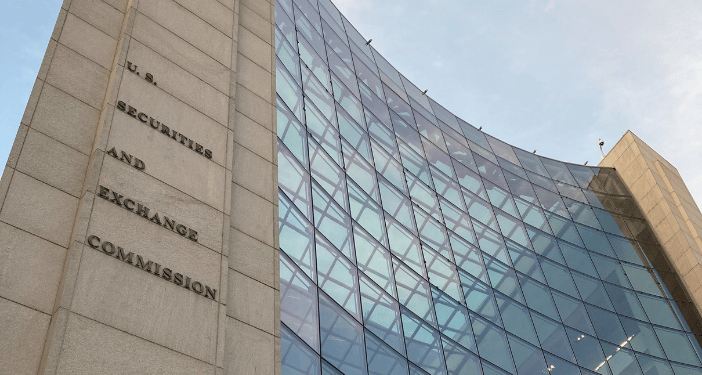On August 26, the U.S. Securities and Exchange Commission (SEC) announced two rule changes to further refine and incentivize whistleblowing through their highly successful whistleblower program. The proposed changes were first introduced in February 2022.
First, the SEC modified Rule 21F-3(b)(3) of the Securities Exchange Act of 1934, which addresses related action payments. The Commission is now able to pay whistleblowers for assistance in connection with non-SEC actions in additional circumstances, including cases in which the other agency’s whistleblower program has the more direct or relevant connection to the related action.
After receiving and reviewing dozens of public comments in regard to this rule, the SEC adopted the “comparability approach” to its Multiple-Recovery Rule, which weighs one program against the SEC’s to determine the source of payment.
Whistleblowers are now incentivized to share their information with any agency that comes forward, no matter their size or financial resources. This ensures a payout in successful related actions stemming from these agencies that may have a weak, underfunded, or inexistent whistleblower program.
In its second rule amendment, the SEC added subsection (d) to Exchange Act Rule 21F-6. The new Rule 21F-6(d) affirmed the Commission’s authority to consider award amounts only in the instance of increasing that award. The Commission does not have the same discretion when it comes to decreasing an award.
According to the SEC’s Final Rule, this ensures that “potentially large awards are not decreased because of their size,” as “large awards directly [advance] the purpose of the whistleblower program (and by extension the interests of the investing public) by incentivizing whistleblowers to report violations [of the securities laws] to the Commission.”
Stephen M. Kohn, partner of Kohn, Kohn & Colapinto and Chairman of the Board of the National Whistleblower Center, believes that this provision is key in getting top executives and employees to come forward.
“The Commission ensured that whistleblowers who turn in the biggest frauds will not be penalized by having their rewards reduced,” Kohn said. “As the Commission understood, paying large awards in the biggest fraud cases will have a deterrent effect on Wall Street.”
The following changes will become effective 30 days after publication in the Federal Register. These rules will apply to any whistleblower award application that is pending with the Commission as of that date, as well as to all future-filed award applications.
Read:
SEC Amends Whistleblower Rules to Incentivize Whistleblower Tips
